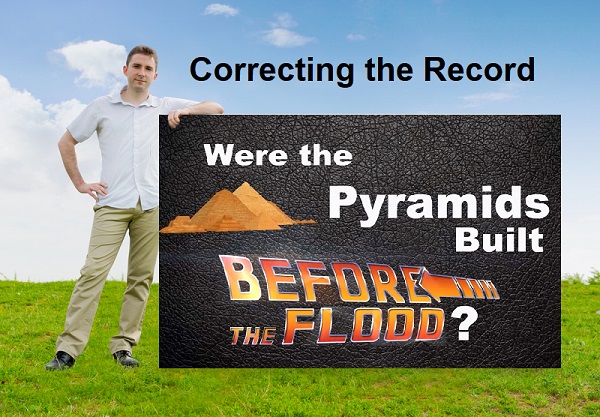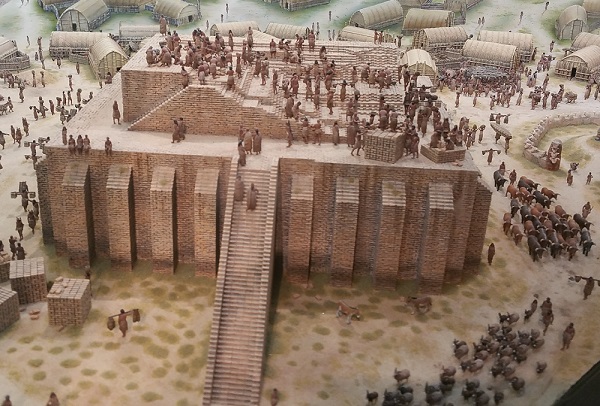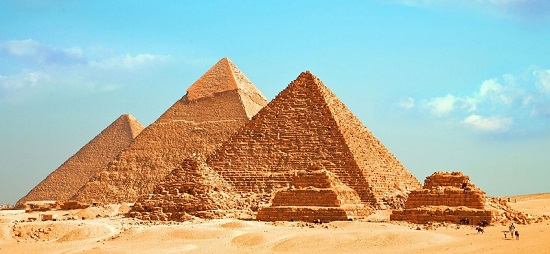From the title of the video, “Were the Pyramids Built Before the Flood”[1] by Nathan Hoffman, you might suppose this video was going to focus on the dating issues around which came first, the pyramids or the global flood? If you thought so, you, like me, would be wrong. Next, you might think it was on issues concerning biblical dating, with his suggestion that the earth is older than the 6,000 years that biblical creationists claim it is. If so, you, like me, would be mostly wrong again. While his issue concerns dating, that is not really the focus nor his main issue. As Dr. Watson is a foil to show how smart and clever Sherlock Holmes is, these issues are merely foils to lead into his main issue. The main issue that Hoffman has – which he focuses on in both this pyramid video and his previous video “How Long Were the Israelites in Egypt”[2] – is with the text from which today’s Bibles translate the Old Testament. The Old Testament in today’s Bibles is translated from what is considered the most reliable text by bible scholars, the Masoretic Text (MT). But Hoffman has an issue with it, an issue bordering on an unhealthy antipathy, it appears. Think I exaggerate? Hoffman says of the MT: “All of our Bibles were copied from this corrupted version of the Hebrew.”(29:08) Corrupted? It is known there are scribal errors in all versions of hand copied ancient scriptures. But scholars, who respect the text, typically don’t call the texts “corrupted” and, in fact, work to identify such errors to get back to what the original text – which we no longer have – said.
Pyramids or Flood First?
I wrote this critique of his video not because of the question in the title. In viewing, it quickly becomes clear the age of the pyramids is not the main concern for Hoffman because he starts the video by refuting the theory that the pyramids were built before the flood in the first minute of the video when he points out: Continue Reading





